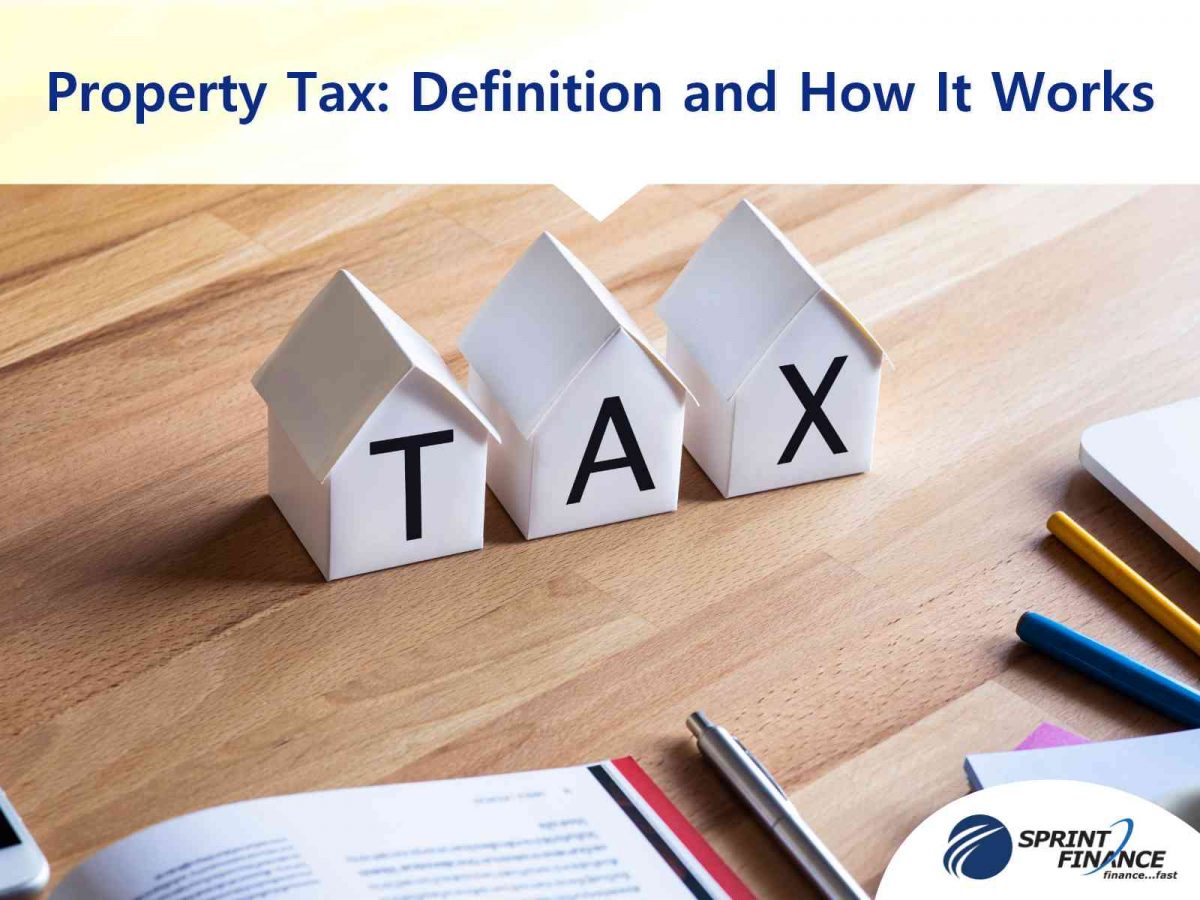How Do Property Taxes Work in Australia?
Introduction
Property taxes play a crucial role in the revenue generation of many countries, including Australia. These taxes contribute significantly to funding public services and infrastructure development. Understanding how property taxes work in Australia is essential for homeowners, investors, and anyone involved in the real estate market. In this article, we’ll delve into the intricacies of property taxes in Australia, exploring their types, calculation methods, exemptions, and their impact on property owners.
Types of Property Taxes
Land Tax
One of the primary property taxes in Australia is the land tax. This tax is imposed on the unimproved value of land and applies to both residential and commercial properties. Each state and territory administers its own land tax system, resulting in variations in rates and thresholds. Generally, the higher the value of the land, the higher the land tax. However, there are often thresholds in place to exempt properties below a certain value.

How do property taxes work in Australia?
Stamp Duty
Stamp duty, also known as transfer duty, is another significant property-related tax. It is applied when ownership of a property is transferred from one party to another, typically during property purchase. The amount of stamp duty varies between states and territories and is calculated based on the property’s purchase price. First-time homebuyers often benefit from concessions or exemptions on stamp duty to encourage homeownership.
Capital Gains Tax
While not exclusively a property tax, the capital gains tax (CGT) affects property owners when they sell an investment property or a property that is not their primary residence. CGT is applied to the capital gain (the difference between the selling price and the original purchase price) and is included in the individual’s income tax assessment. There are certain exemptions and concessions available for properties held for a certain period or properties that are considered the owner’s main residence.
Calculation Methods
Land Tax Calculation
Land tax is calculated based on the unimproved value of the land. The unimproved value refers to the value of the land without any structures or improvements. Each state or territory sets its own land tax rates and thresholds. Generally, the rates increase progressively as the value of the land surpasses specific thresholds. Landowners must pay the specified percentage of the land’s value that exceeds the threshold.
Stamp Duty Calculation
Stamp duty is calculated as a percentage of the property’s purchase price. The rate varies depending on the state or territory and the property’s value. It’s important to note that some jurisdictions offer concessions or exemptions for certain property buyers. For instance, first-time homebuyers might enjoy reduced or waived stamp duty.
Capital Gains Tax Calculation
Calculating CGT involves determining the capital gain from the sale of the property. This is done by subtracting the property’s original purchase price from the selling price. Individuals are then required to include the capital gain in their annual income tax assessment. However, there are various exemptions and discounts available depending on factors such as the property’s use and how long it was owned.

Exemptions and Concessions
Land Tax Exemptions and Concessions
Land tax exemptions and concessions vary between states and territories. In some jurisdictions, properties used for primary production (such as farming) might be eligible for reduced land tax rates. Additionally, some states provide exemptions for properties owned by charitable organizations or government bodies. It’s important to research the specific exemptions and concessions applicable in your area.
Stamp Duty Exemptions and Concessions
As mentioned earlier, first-time homebuyers often benefit from stamp duty exemptions or concessions. These incentives are designed to make homeownership more accessible. The eligibility criteria and benefits differ by state or territory. Some jurisdictions might also offer discounts for pensioners or specific property types.
Capital Gains Tax Exemptions and Concessions
There are several exemptions and concessions available under the CGT regime. The most common is the main residence exemption, which allows individuals to exclude the capital gain from the sale of their primary residence from their taxable income. There are also concessions for properties held for longer periods, small business assets, and specific life events.
Impact on Property Owners
Financial Considerations
Property taxes can have a significant impact on the financial planning of property owners. Land tax and stamp duty directly affect the cost of owning and purchasing property, respectively. These taxes need to be factored into budgeting and investment decisions. CGT, on the other hand, impacts the profitability of selling an investment property. For Cbd ashfield property tax advice see here.
Government Revenue and Services
Property taxes contribute substantially to government revenue, which in turn funds public services and infrastructure projects. These taxes play a vital role in maintaining and improving the quality of public services such as education, healthcare, transportation, and more. Property owners indirectly benefit from these services, highlighting the interconnectedness of the tax system and public welfare.
Housing Market Dynamics
Property taxes can influence the dynamics of the housing market. For example, changes in stamp duty rates or concessions can affect housing affordability and demand. Investors might adjust their strategies based on CGT implications. Land tax rates and thresholds can also impact investment decisions and property development.
Conclusion
In conclusion, property taxes in Australia encompass various types, each with its own calculation methods, exemptions, and impacts. Land tax, stamp duty, and capital gains tax all play essential roles in shaping the real estate landscape and government revenue. Understanding these taxes is vital for property owners, investors, and policymakers alike. Whether you’re a prospective homebuyer or a seasoned investor, having a clear grasp of property taxes will enable you to make informed financial decisions in the dynamic Australian property market.

